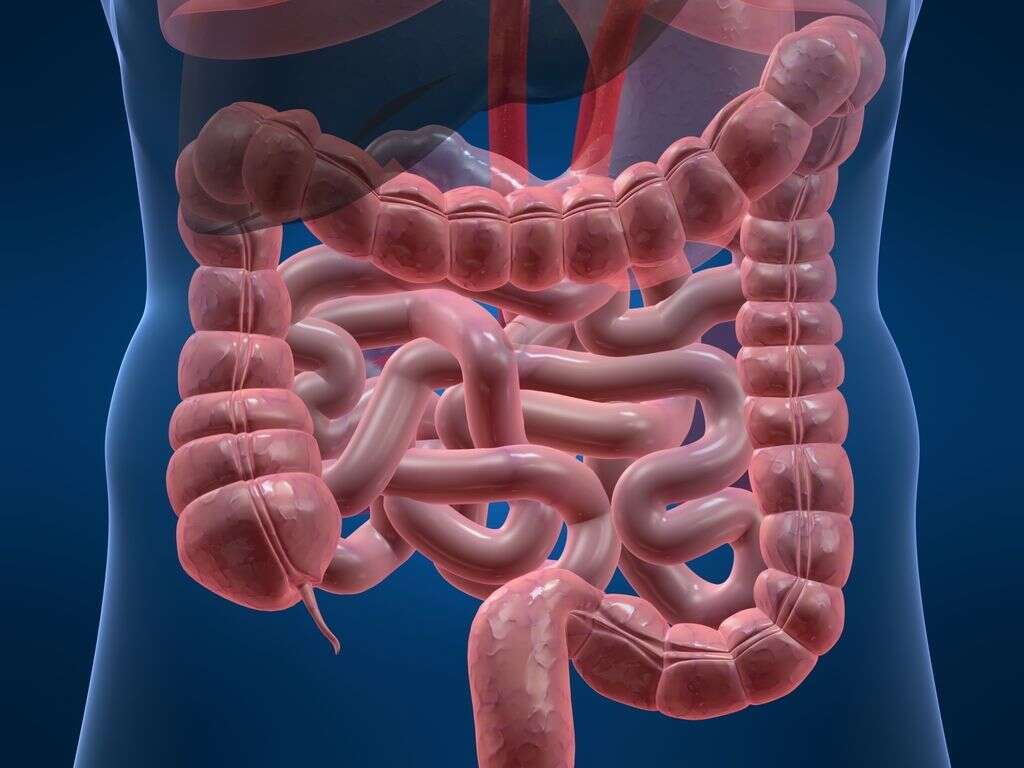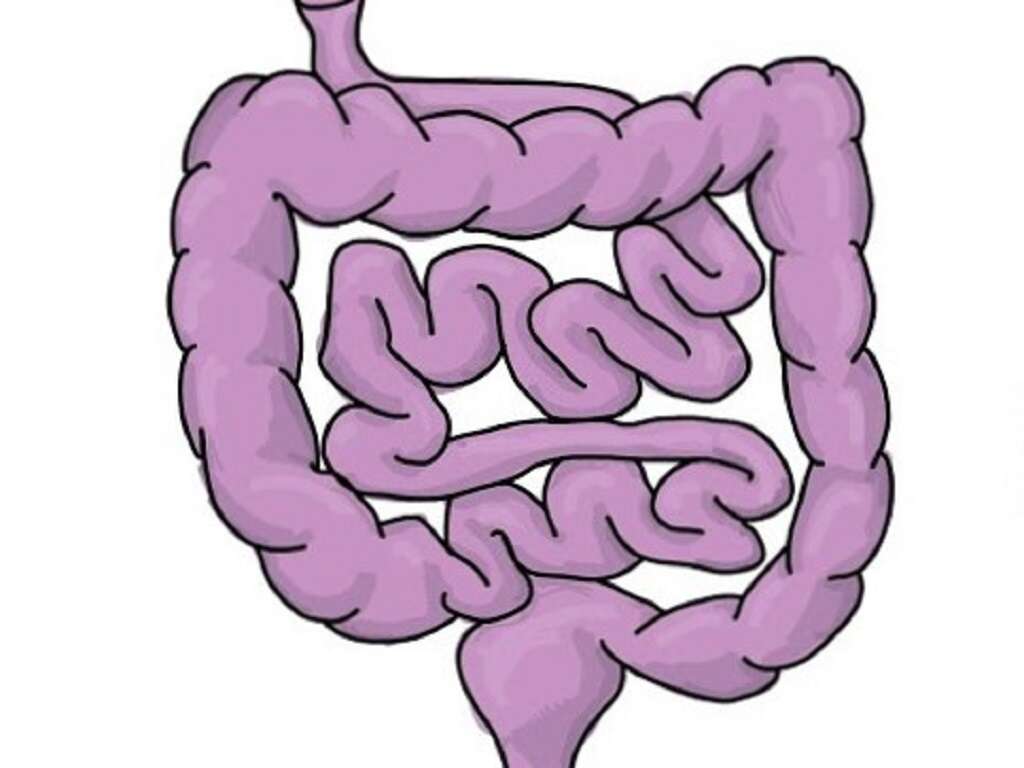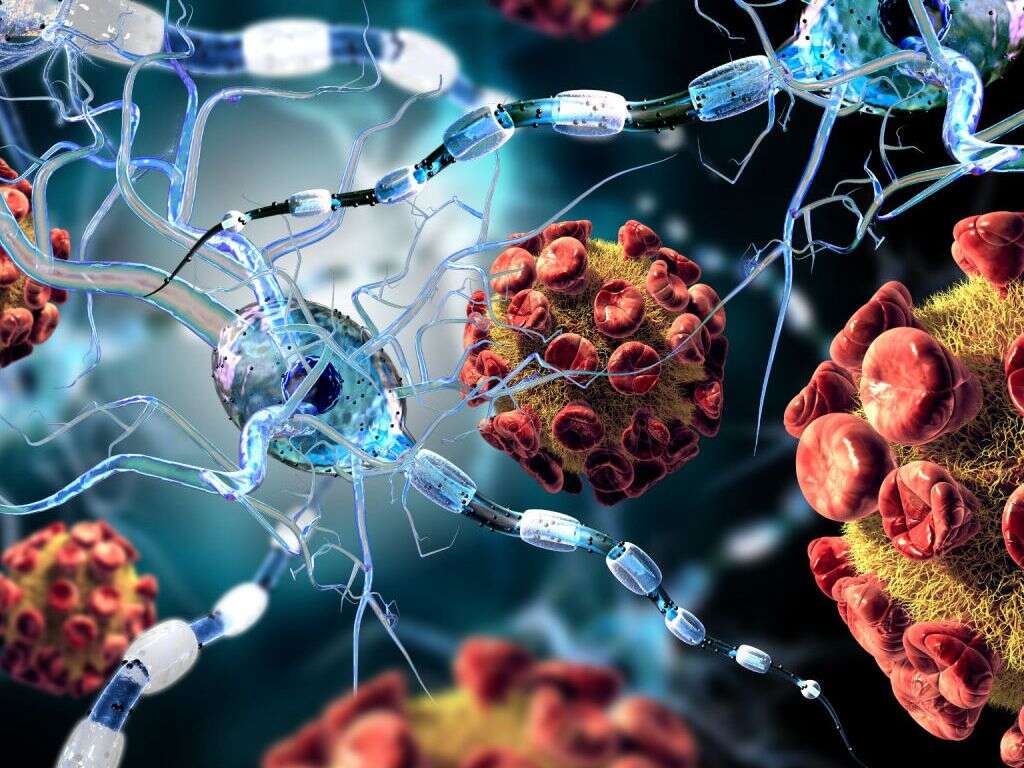10 Crohn's Disease Symptoms
Crohn’s disease is one of the more serious inflammatory bowel conditions (also known as IBDs). It’s a condition that’s marked by serious inflammation of the intestines, which can cause a number of symptoms like pain, cramping, diarrhea, lethargy, and problems managing weight. Crohn’s disease can also make it difficult to absorb nutrients, which can lead to many forms of malnutrition. Nutritional deficiencies can each cause a wide range of symptoms, so the number of problems that can emerge from Crohn’s disease are quite varied in nature.
Since the condition can affect different parts of the digestive system, the symptoms experienced from patient to patient will differ. The depth at which the inflammation spreads can also determine the severity of the symptoms. We’ve outlined the 10 most common symptoms of the disease here so you can decide whether or not you should seek medical treatment for what you’ve experienced. While there is no known cure for the condition, medical help can certainly make it easier to cope with.
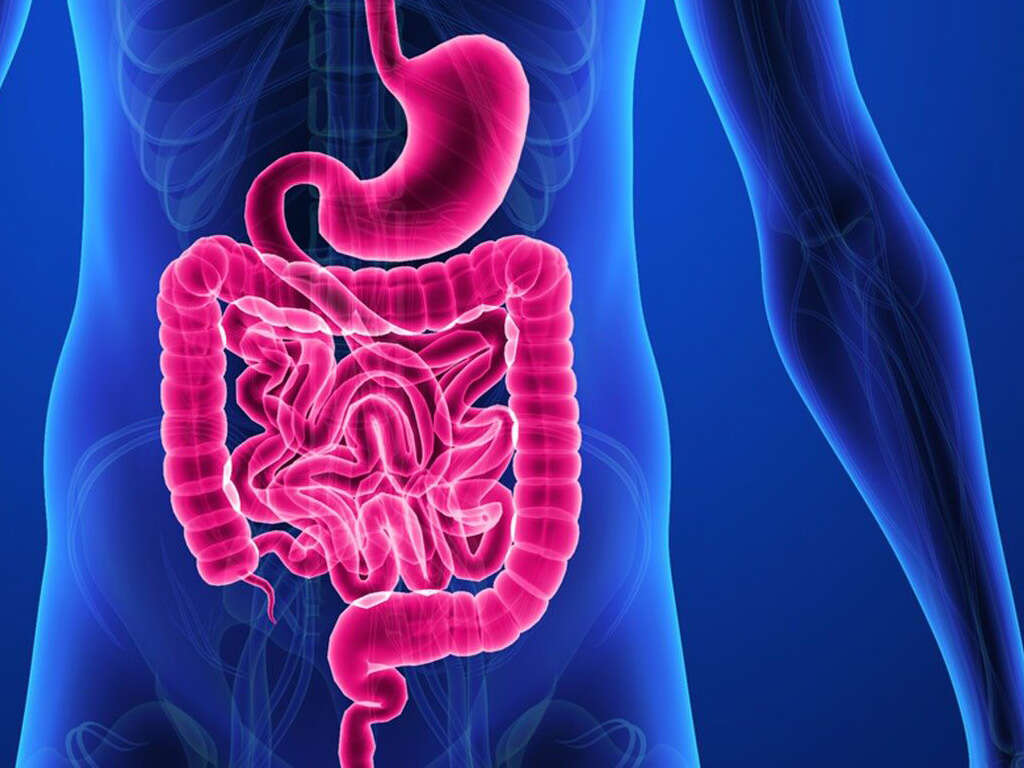
Symptom #1: Diarrhea
One of the most common symptoms of Crohn’s disease is diarrhea. This is particularly apparent when the condition is affecting your small intestine or your colon.
If your small intestine is affected, you will likely experience very loose stools or watery diarrhea. This can occur quite frequently throughout the day. If your colon has been infected, then you will also experience diarrhea, but it may be bloody.
Inflammation is the main reason that people suffering from IBDs experience diarrhea. It is important to notice that many other conditions may cause diarrhea, but in patients with Crohn’s disease, this symptom can easily cause dehydration. Therefore, proper medical diagnosis and treatment are vital to prevent further complications.

Symptom #2: Skin conditions
The inflammatory root of the disease can also cause skin conditions to emerge. Some of the most common skin conditions that can arise as a result of Crohn’s disease can include erythema, which is marked by red nodules on the skin, as well as pyoderma, which is a condition that causes ulcer-like sores to emerge on the dermis.
Furthermore, some of the treatments for Crohn’s disease are known to increase the risk of certain skin conditions. Azathioprine, one medication that is commonly used to treat Crohn’s, has been known to increase the chances of developing skin carcinomas. This, in addition to the conditions that Crohn’s can cause on its own, can make for some very uncomfortable dermatological problems.

Symptom #3: Mouth sores
Canker sores, or mouth sores, can occur in people suffering from Crohn’s. Since Crohn’s can affect any part of the digestive tract, this includes the mouth and everywhere in between the mouth and the rectum.
When Crohn’s affects the mouth and throat, aphthous ulcers - also known as canker sores - can emerge. These typically only arise when the disease is flaring up, and they can typically be found underneath the tongue or on the gums. These can be treated with topical oral painkillers like Orajel.

Symptom #4: Fevers
Inflammation can be a cause of fever, and thus Crohn’s disease can cause this symptom to arise. It is important to understand the nature of the fever in order to properly address it.
Usually, patients present with low-grade fever, but sometimes the temperature may rise further as a sign of an active infection in the intestinal tract. Long-term patients of this disease, learn how to distinguish between the two types of fevers but it is important to seek medical attention for proper diagnosis and treatment.
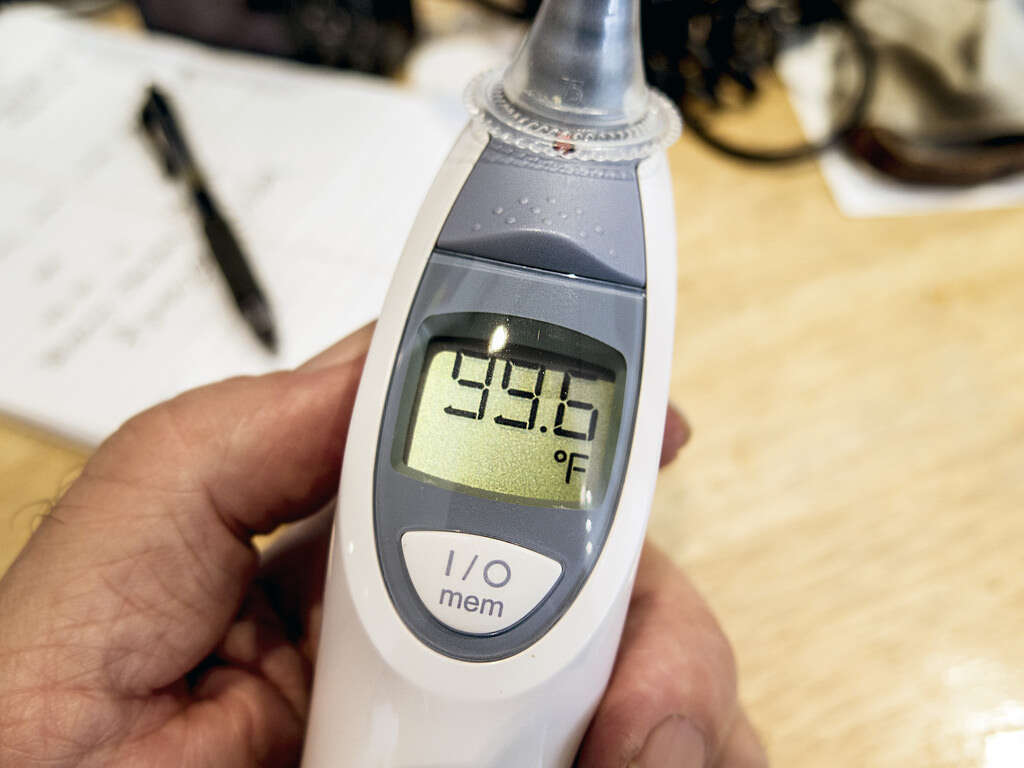
Symptom #5: Weight Loss
Weight loss is a common symptom seen in patients suffering from Crohn’s disease. It is usually due to a combination of the constant episodes of diarrhea and the inability to properly absorb nutrients.
It is important to notice that this symptom can be used as a marker for disease activity. Usually, patients lose weight during flare-ups. Keeping a record of your weight, may help your doctors to evaluate your status and check for treatment efficacy.

Symptom #6: Eye Conditions
One generally doesn’t associate eye problems with intestinal conditions, but Crohn’s disease is known to cause two distinct eye problems. They are both very serious and should be dealt with immediately.
-
Episcleritis is a condition that causes severe inflammation and irritation of the sclera, the part of the eye that coats the white and protects the rest of the eye from dust and debris. It’s very painful and can be observed by severe reddening of the eyes.
-
Uveitis is a condition that’s marked by an inflamed uvea - the middle section of the eye. It causes a very specific type of pain and is characterized by blurry vision, reddened eyes, and sensitivity to light.
These conditions are not terribly common but if you notice any irritation in your eyes then you should seek help right away.
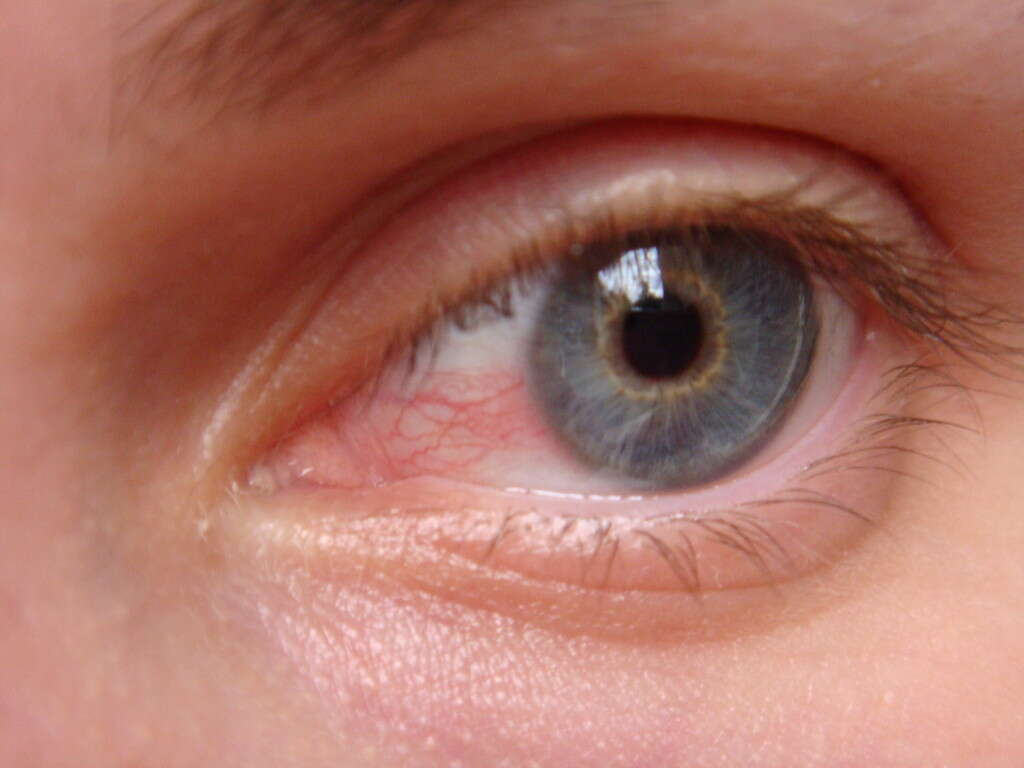
Symptom #7: Nutritional deficiency
Crohn’s disease can make it very difficult for the body to absorb nutrients for a number of reasons. Inflammation of the intestinal walls can make them less permeable, and having diarrhea means that food is passing through you too quickly to be properly absorbed.
One of the most common deficiencies of Crohn’s is vitamin D deficiency. There is a very specific part of the intestine that absorbs vitamin D, and Crohn’s disease affects this quite seriously. If this is the case, make sure to get as much sunlight as possible.
Other deficiencies (like Vitamin B12 deficiency) can occur, each with their own range of symptoms. Make sure you get some bloodwork done to make sure you are absorbing the proper amount of nutrients.

Symptom #8: Arthritis
Arthritis is a condition that’s caused by inflammation, as is Crohn’s disease. It’s not too difficult to see the correlation here. Many people - up to 25% of patients - with Crohn’s disease experience some form of arthritis.
The larger joints are much more susceptible to arthritis. These joints include the knees, hips, and ankles, but it can also strike the other joints in the body. Arthritis symptoms tend to improve when the disease is treated.
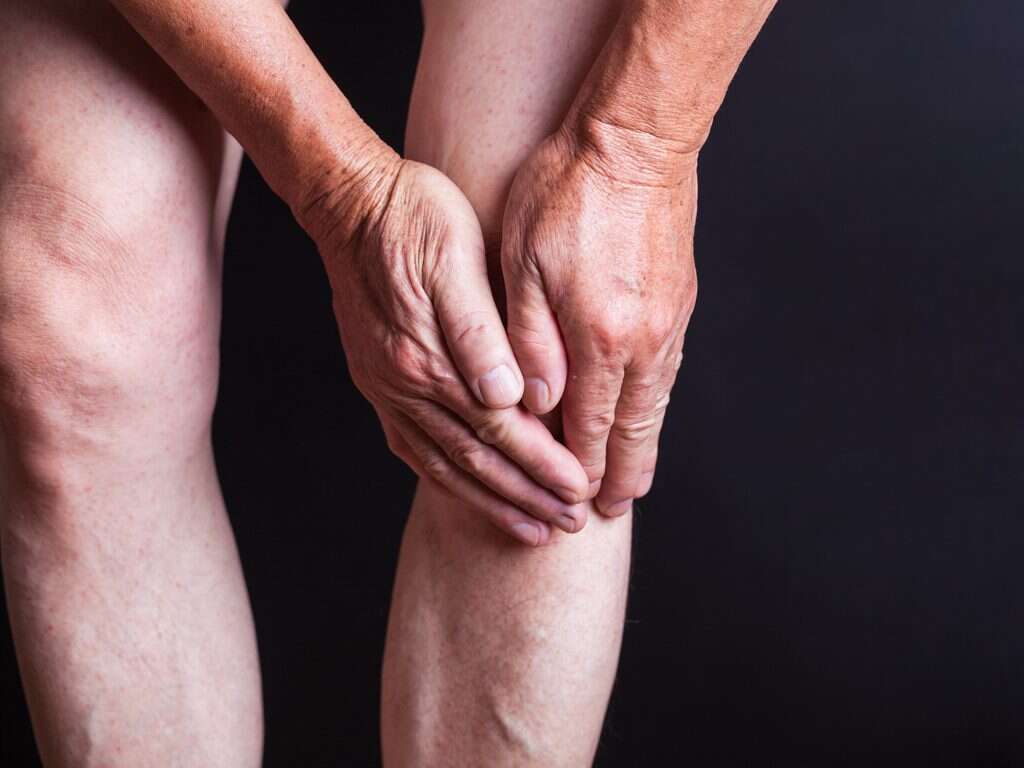
Symptom #9: Osteoporosis
People suffering from Crohn’s are much more likely to develop osteoporosis. This is because of the fact that vitamin D deficiency is common among people suffering from Crohn’s disease, meaning that osteoporosis - a condition marked by brittle bones and increased risk of fractures and breaks - is more likely to occur in someone with Crohn’s.
This is made worse by the fact that prednisone was used for many years to treat Crohn’s. Prednisone is known to further decrease bone mass and can make the condition even worse.
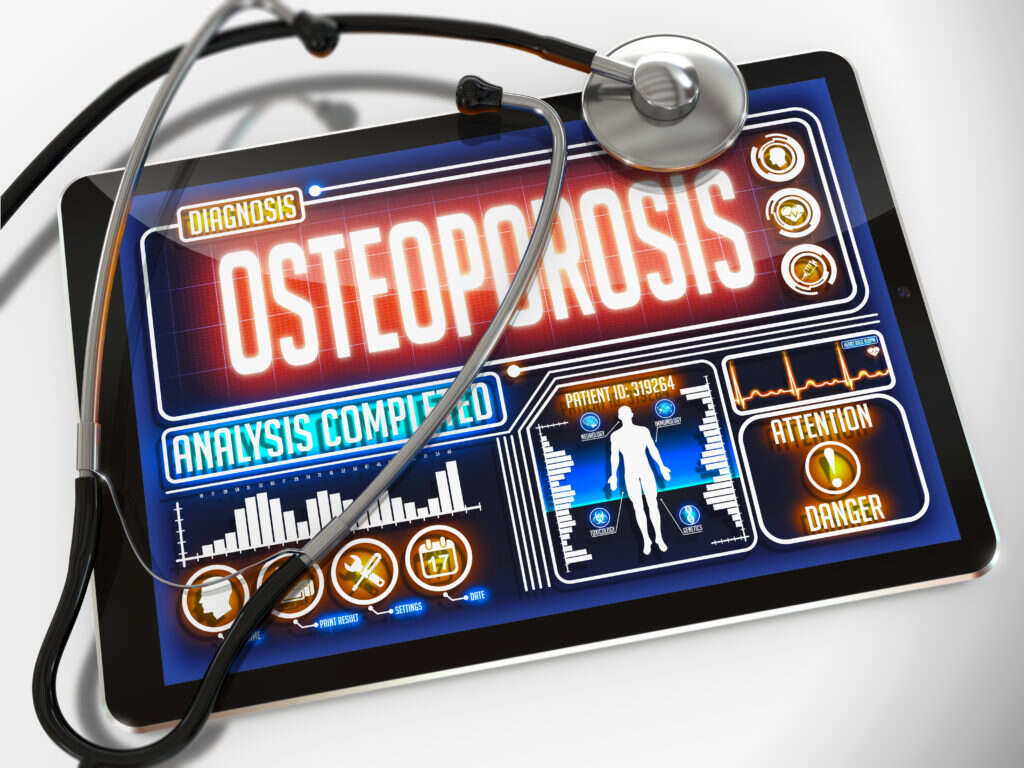
Symptom #10: Fatigue
Fatigue can emerge for a number of reasons in people suffering from Crohn’s. First off, the excessive inflammation is a sign of the immune system working in overdrive when it shouldn’t be. This can lead to fatigue and lethargy all throughout the body.
Furthermore, Crohn’s is known to cause nutritional deficiency. If our body can’t absorb the nutrients that it needs, this can manifest as fatigue, as well as other symptoms.





